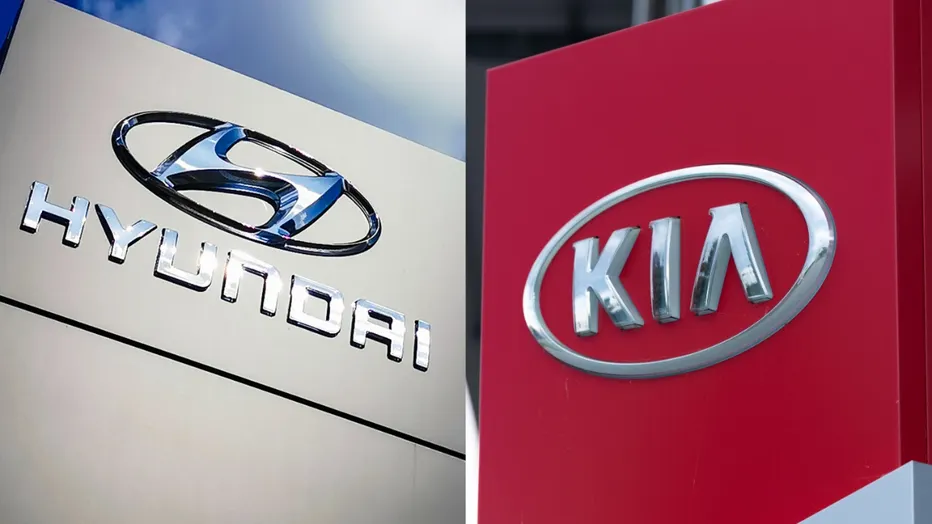South Korean automakers Hyundai and Kia are initiating a recall of approximately 3.7 million vehicles in the United States due to concerns about engine compartment fires. The recall applies to numerous car and SUV models manufactured between 2010 and 2019, including Hyundai’s Santa Fe SUV and Kia’s Sorrento SUV.
According to documents released by the US National Highway Traffic Safety Administration, the anti-lock brake control module may develop a fluid leak, leading to an electrical short circuit. These issues can potentially result in fires occurring while the vehicles are in operation or parked.
As a precautionary measure, Hyundai and Kia have advised vehicle owners to park their cars outdoors and away from structures until repairs are completed. Dealers will replace the anti-lock brake fuse at no cost to the owners.
Hyundai has reported 21 fires and 22 “thermal incidents,” which include instances of smoke, burning, and melting components in the affected vehicles. Kia, on the other hand, has reported 10 fires and melting incidents.
Both automakers emphasize that vehicle owners can continue to drive their cars safely while awaiting repairs, as there have been no reported accidents or injuries related to this issue. Hyundai states that the recall is being carried out to ensure customer safety.
The automakers explain that over time, an O-ring in the anti-lock brake motor shaft may lose its sealing ability due to the presence of moisture, debris, and dissolved metals in the brake fluid, resulting in leaks. The replacement fuse helps regulate the braking module’s operational current.
Kia warns that an electrical short circuit capable of generating excessive electricity could cause an engine compartment fire near the brake control unit. While the exact source of the short circuit remains unknown, no accidents or injuries have been linked to it.
The Centre for Auto Safety, a nonprofit organization, has raised questions about why the automakers have not addressed the leak issue and why they are taking so long to notify owners. Replacing a fuse does not resolve the underlying design issue that leads to brake fluid leaks, according to Michael Brooks, the executive director of the Centre for Auto Safety.
Brooks also questions why owners are not immediately informed about the issue and the fire risk. NHTSA regulations allow automakers to choose how to rectify safety defects, with ongoing monitoring by the government agency. The NHTSA has advised owners to park their vehicles outside while awaiting repairs.
Hyundai and Kia have faced fire-related issues since 2015, with more than 9.2 million vehicles recalled for various fire and engine problems. NHTSA is currently investigating an additional 3 million vehicles from the automakers’ production between 2011 and 2016 due to engine fire reports.




